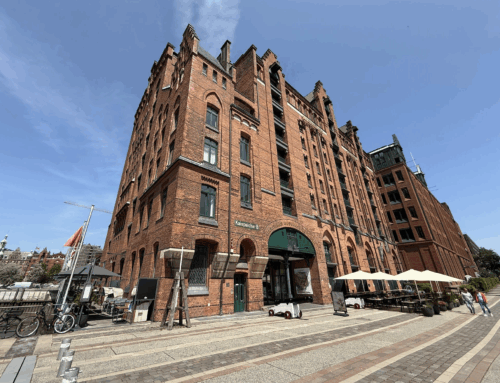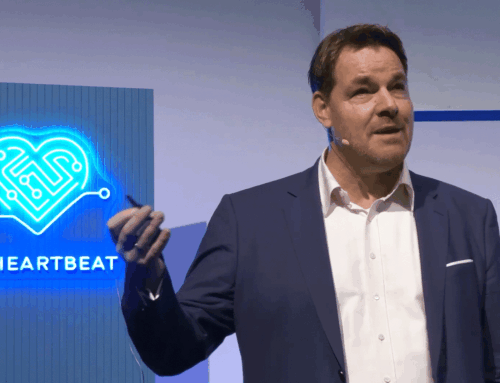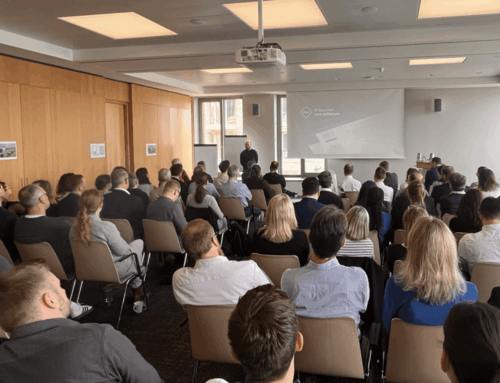Enterprise 2.0 Adoption and Power Distance
A few days ago, I had a workshop at a client, where an interesting theory was quoted: Geert Hofstede, a Dutch writer, came up with the theory of power distance – and I wonder if there is an impact on E2.0 adoption?
Here’s what Wikipedia says about power distance:
Low vs. high power distance – This dimension measures how much the less powerful members of institutions and organizations expect and accept that power is distributed unequally. In cultures with low power distance (e.g. Austria, Australia, Denmark, New Zealand), people expect and accept power relations that are more consultative or democratic. People relate to one another more as equals regardless of formal positions. Subordinates are more comfortable with and demand the right to contribute to and critique the decisions of those in power. In cultures with high power distance (e.g. Malaysia), the less powerful accept power relations that are autocratic or paternalistic. Subordinates acknowledge the power of others based on their formal, hierarchical positions. Thus, Low vs. High Power Distance does not measure or attempt to measure a culture’s objective, „real“ power distribution, but rather the way people perceive power differences.
At that same customer, a little later some one said: „But if we have an internal Wikipedia, what shall I do, when I want to correct an entry from my bosses boss. I better ask my boss for permission to correct it, right?!“
Culture is the biggest an enabler and inhibitor for E2.0. So – do we need to rank companies in this power distance order – so we’re able to determine how likely a successful adoption of Enterprise 2.0 will be?
What do you think?





